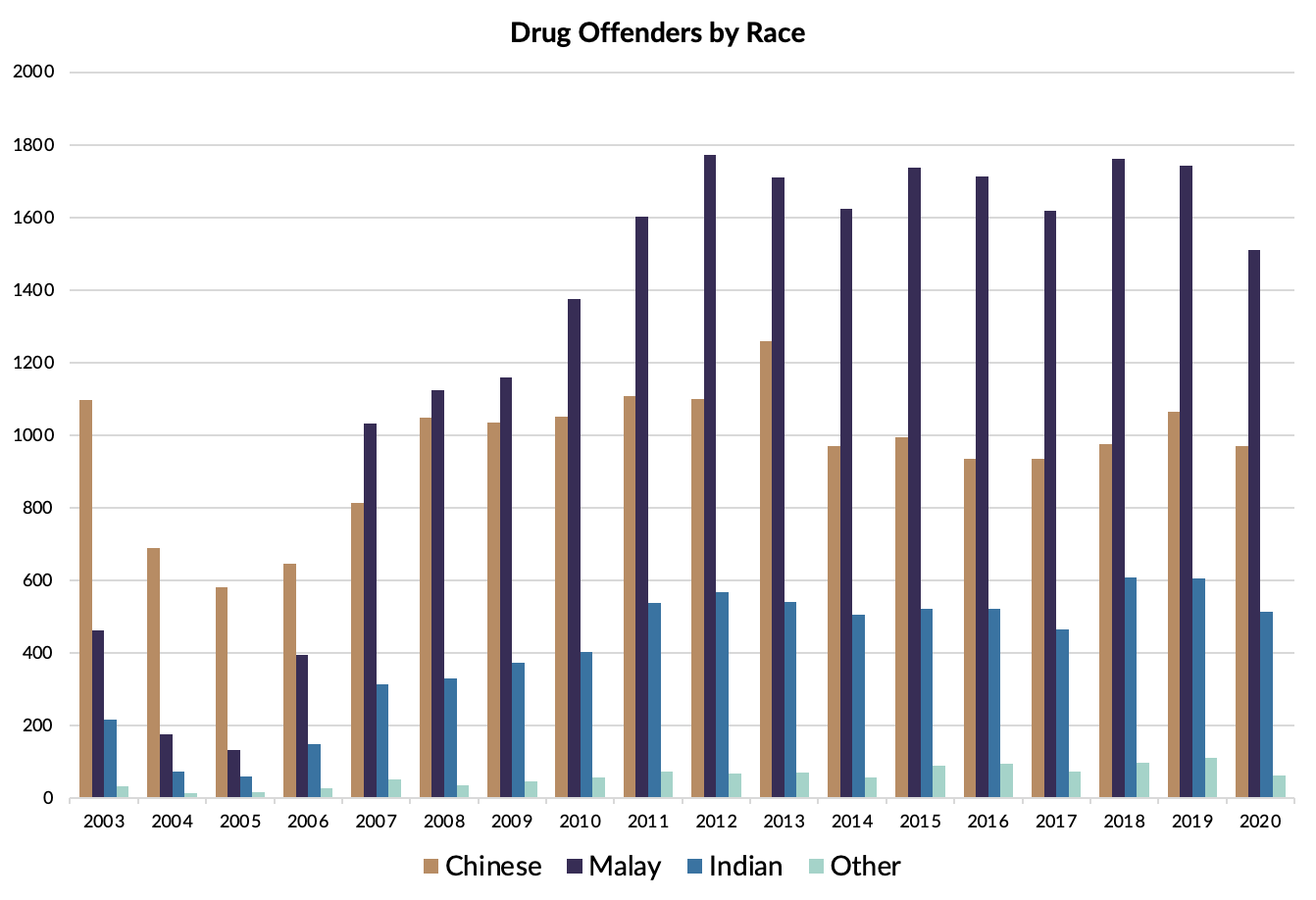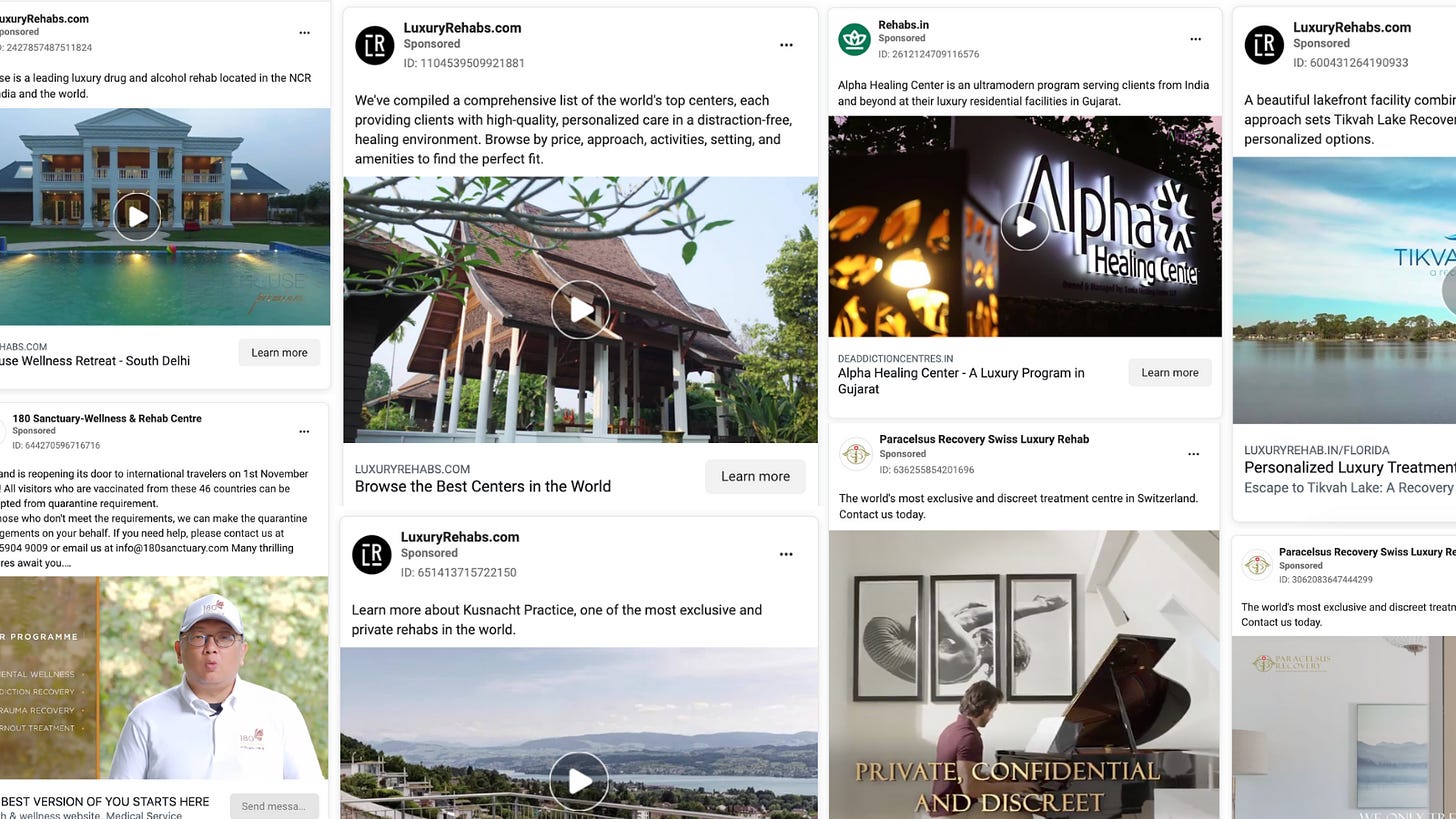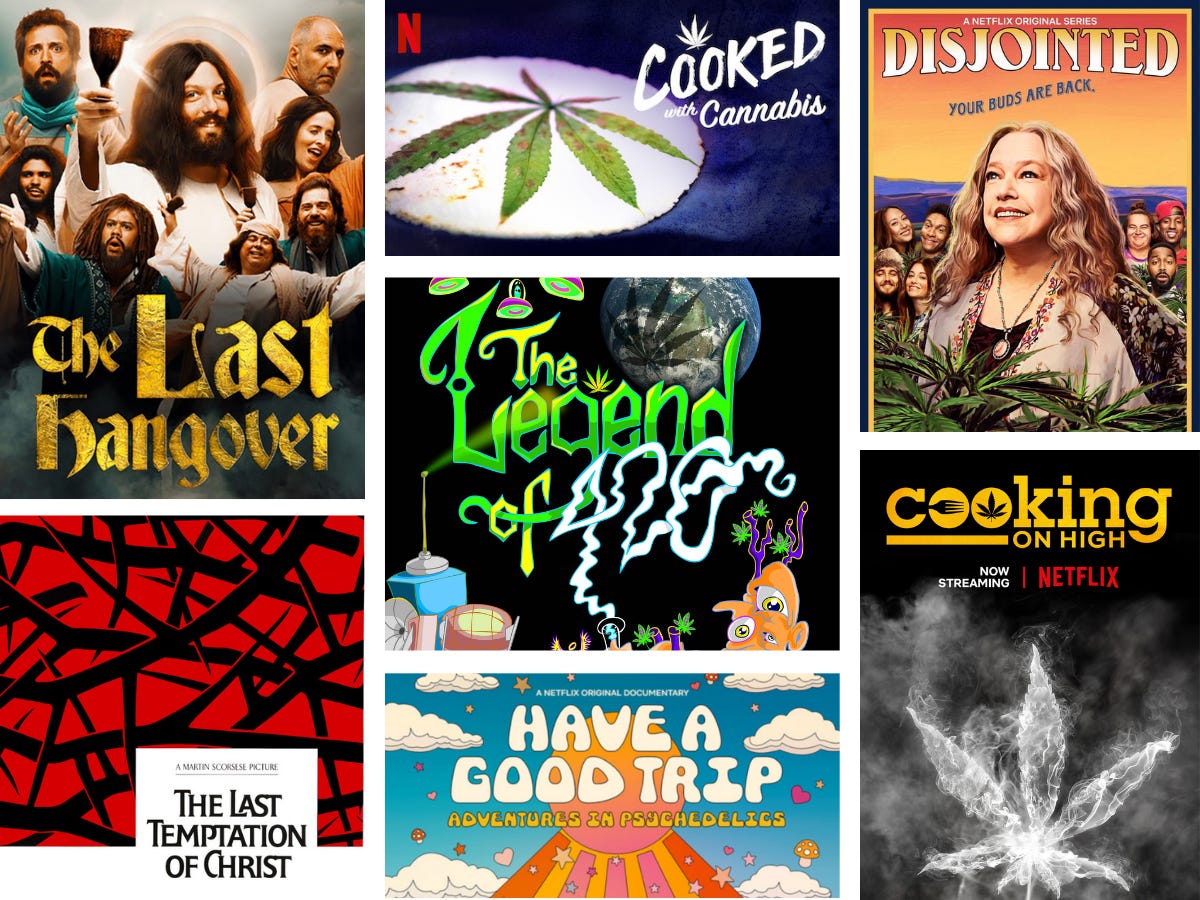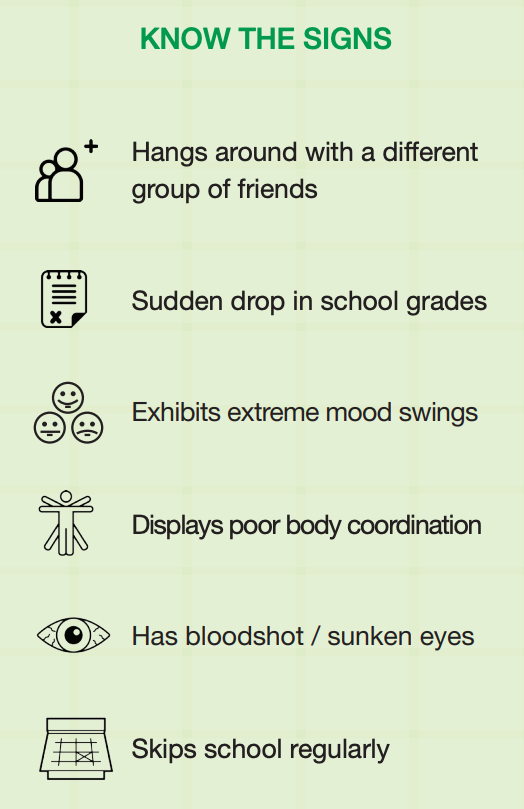 |
Racial and sexual minorities How do Singapore's drug policies impact racial and sexual minorities? While Singapore's resident population is more than 70% Chinese, racial minorities are disproportionately represented among drug offenders:  Source: Central Narcotics Bureau |
 |
A lawsuit was recently filed on behalf of 17 Malay death row inmates accusing the government of racial bias (though it was dismissed in early December). Singapore has even been questioned on the disproportionate impact of its use of the death sentence by the United Nations' Committee on the Elimination of Racial Discrimination:
In the context of Singapore, there was a minority ethnic problem. Malay made up 13 per cent of the population, yet figures showed that they made up 84 per cent of executions for drug trafficking. That was a gross disproportionality. There had to be a reason to explain that difference.
Prior testimonies also suggest that sexual minorities receive different treatment from drug enforcement authorities. A story for the Transformative Justice Collective writes:
The other inmates offered him tips, pointing out to him the “homosexual cell” that was visible through the little sliver on their cell door. According to them, those who declare themselves to be homosexual are incarcerated in DRC for 12 months with no chance of release, while others have the chance to access programmes after 4 to 6 months.
As I write this issue, I cannot help but recall my experience of being taken in by the Singapore Armed Forces' military police for drug testing, and being told that the reason I was to be tested was because someone in my unit had informed them that I am gay. As part of my interview, I was asked probing and disturbing questions about my sexuality. Even after a negative drug test, the military police grilled me for the names of all the gay men I knew in the military, for reasons that I can only speculate on.
|
 |
But for the wealthy and privileged... For those able to afford discreet treatment and trips to partake in vice, Singapore's drug policies have an unequal impact. Recreational drug tourism (visiting other countries to consume drugs which are illegal in your own jurisdiction) is a growing industry. Non-legal consumption is also a driver of tourism to a number of destinations — such as Bangkok, Prague, Berlin, and Bogota — a concept that is far from alien to Singaporeans. Further, much less attention is dedicated by the government to the abuse of prescription drugs for recreational purposes, an issue more likely to be prevalent among the haves than the have-nots.  Images: Screenshots of ads run in Singapore, from the Facebook Ad Library |
 |
In cases of addiction, the rich can turn to international rehabilitation centre chains such as The Cabin, which offers “the strictest standards of confidentiality” and treatment at an inpatient rehab centre in Chiang Mai, Thailand. This “luxury facility is worlds away from all addiction triggers making it an ideal setting to begin the healing process.” Contrast this to government-run rehabilitation centers and the gap between the rich and the poor in accessing treatment becomes stark.
Noteworthy cases of charges being brought against members of the privileged upper class include the trials of high society figures such as Dinesh Bhatia or Ong Jenn. The former was even represented in court by the current Minister of Law and Home Affairs Shanmugam himself, who reportedly argued that Bhatia did not realise the substance he was snorting was cocaine. He was given an eight-month prison sentence, part of which was reportedly served from home.
In an age of increasing global liberalisation and scientific support towards the legalisation of drugs such as cannabis, Singapore's restrictive policies essentially create one set of rules for transnational elites and another for those who are Singapore-bound.
|
 |
Singapore is killing rational discourse on drug abuse and trafficking A little-known fact about censorship on Netflix is that most government-requested takedowns of Netflix’s content come from Singapore. According to Netflix, 7 out of the 13 programs removed from a country's platform were requested by Singapore — making Singapore Netflix’s “most censored market”. Nearly all of them contain depictions of drug or alcohol use. For a small city-state, Singapore certainly punches above its weight in censorship.  Netflix content banned in Singapore |
 |
Potential reasons for this overzealous censorship include the Misuse of Drugs Act, or Singapore’s content standards, which prohibit programmes that “promote drug or psychoactive substance abuse, or includes detailed and instructive depictions of drug or psychoactive substance abuse.” This broad and often-arbitrary policing of narratives relating to drug use is not restricted to Netflix, and extends across media platforms in Singapore.
Under this policy, the state restricts the kinds of narratives surrounding drug use that Singaporeans can see — a symptom of Singapore's lacking nuance in issues of addiction and recreational drug use — while pushing its own narratives.
|
 |
High.sg: how Singapore exploits narratives to justify execution and incarceration One need only look at Singapore’s first interactive film to see this in action. High.sg is an interactive film much like Netflix’s Bandersnatch. Funded by the National Council Against Drug Abuse, this interactive experience presents a cliched story that Singaporeans should know all too well. A chaste and Chinese everyman protagonist is lured into a world of drugs and addiction by a seductive woman and her stereotypical gangster clique, turning his life upside down.  At the time of writing, high.sg is no longer publicly available |
 |
Like much of the material used in drug education in Singapore, the story claims to show "the two sides of drugs," the horrifying truth of drug abuse that drug dealers do not want you to know. In actuality, High is an overly simplistic tale that associates drug use with smoke-filled rooms, strobe lights, party girls, good sex, and walking racial/gender stereotypes. Explorations of the underlying social issues and complex motivations which contribute to drug use are peripheral to the idea that drug use is solely a selfish and irrational choice, a point which the story repeatedly hammers into the viewer by allowing them to make choices at key points in the story.
By painting drug users as irrational deviants in need of state control and guidance, state-sponsored narratives like High justify harsh punishment and mass incarceration, without addressing the social inequalities and issues which allow drug abuse to propagate itself in society. The lacking nuance in such stories is made all the more troubling when one considers the intensity with which the state pushes such campaigns on the public, and censors or delegitimises views that it disagrees with.
With narratives such as these, is it any wonder that public opinion backs cruel and punitive measures against drug users and traffickers?
That is not to say that exceptions to the norm do not exist. Singapore students of a certain age might remember reading Alfian Sa'at's short story, Thirteen Ways of Looking at a Hanging, for their secondary school literature classes. Thirteen Ways is a thought-provoking and grim fictional depiction of a man sentenced to hang for drug possession. Sadly, stories such as these are few and far between in the mainstream.
|
 |
The result: say no to drugs, on steroids:
Both domestically and internationally, Singapore pushes the idea that there is no difference between “soft” and "hard" drugs. Soft drugs are commonly understood to be less hazardous, and thus usually require less strict controls and punishment. For example, many states consider cannabis (marijuana) to be a “soft” drug.
Singapore refuses to recognise any such distinction, and instead peddles overly simplistic education materials — which include flawed statements like cannabis (which is legal in many jurisdictions, for either recreational or medical purposes) being just as bad as heroin.
|
 |
 Material from Singapore's drug education initiatives, aimed at classrooms and the military
|
